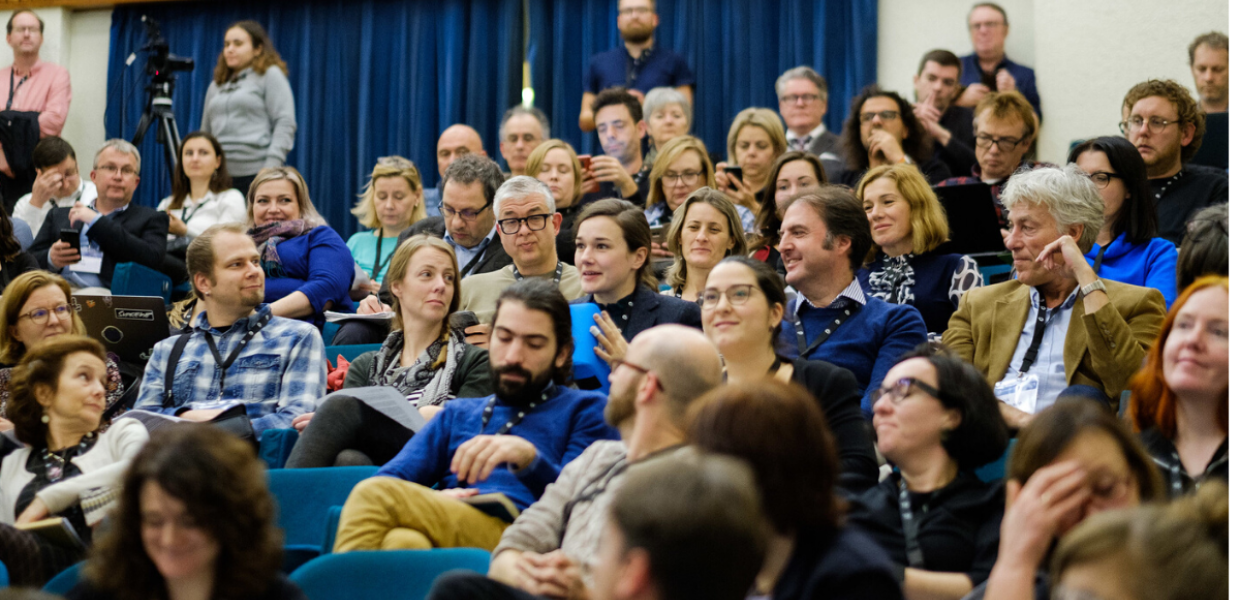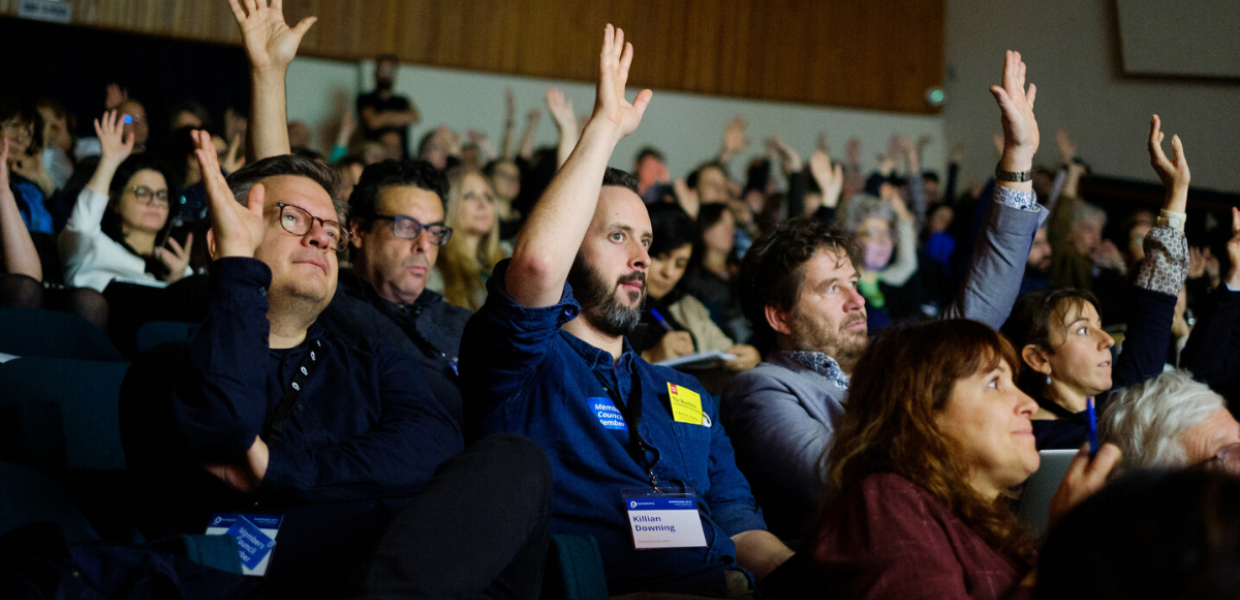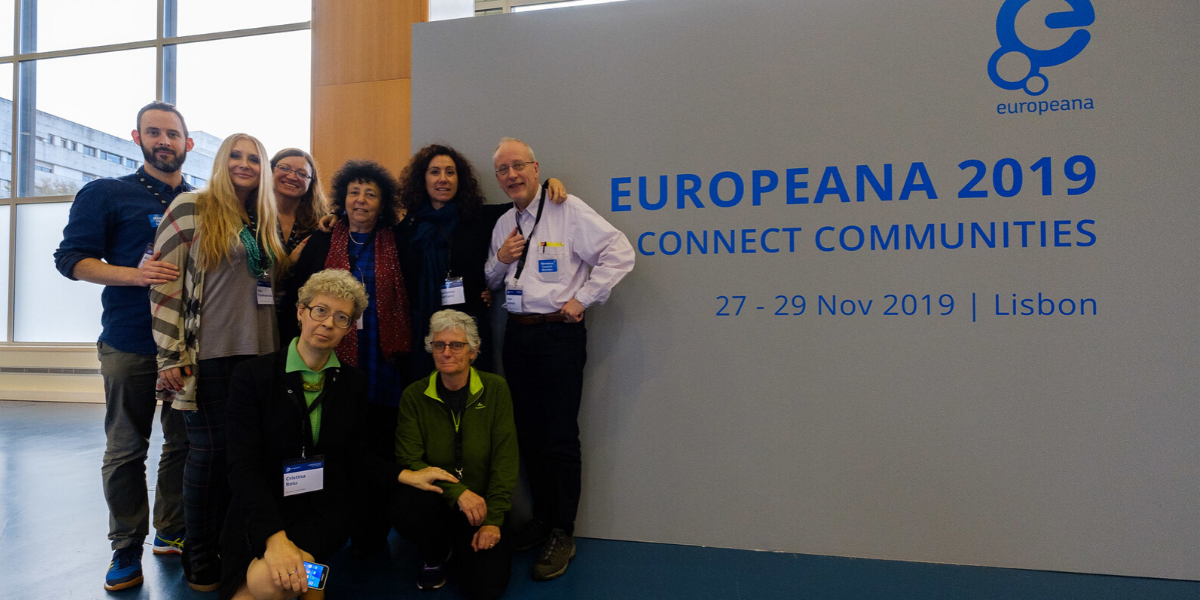New governance
With most of the pioneers who shaped the ENA from its very beginning in 2015 ending their terms in December 2018, this year a new Members Council and Management Board have worked to steer governance and develop a new strategic vision for the ENA. Among our ongoing activities, in 2019 we focused on providing guidance and ensuring the good work progress of the ENA communities.
Empowering Communities
In 2018, the ENA established six communities - EuropeanaTech, Research, Education, Impact, Copyright and Communicators - that function as trans-national networks of professionals who create, curate, preserve, research, publish and use digital cultural heritage online. Communities help ENA members cultivate and share knowledge, expertise and best practices around a specific area of common interest.
This year, the major focus of communities has been on establishing and empowering their Steering Groups, operationalising their communication channels, and creating, refining and implementing their work plans. They have emerged as the ENA’s main vehicle to strengthen the role of digital cultural heritage in general, and Europeana in particular. In 2019 the communities have helped cultural heritage professionals not only by trying to harmonise sectoral differences, but also by supporting digital transformation of cultural heritage institutions across Europe, finding opportunities to engage with various user groups, and working to understand the impact that digital cultural heritage has on them.
Europeana 2019 Conference
This year we introduced a new format for the annual Europeana event/AGM, building on the six communities at the heart of the ENA. The communities were a driving force behind the Europeana 2019: Connect Communities conference and pre-conference workshops that took place together with the ENA General Assembly at the National Library of Portugal in Lisbon on 26-29 November 2019. This unique interdisciplinary and cross domain event was a great success. It was the first time that the six communities coordinated sessions and demonstrated how they relate to and strengthen each other. Part of the conference was dedicated to the ENA General Assembly, where our network members got together to discuss important matters, approve key documents, and launch the 2019 voting process.





